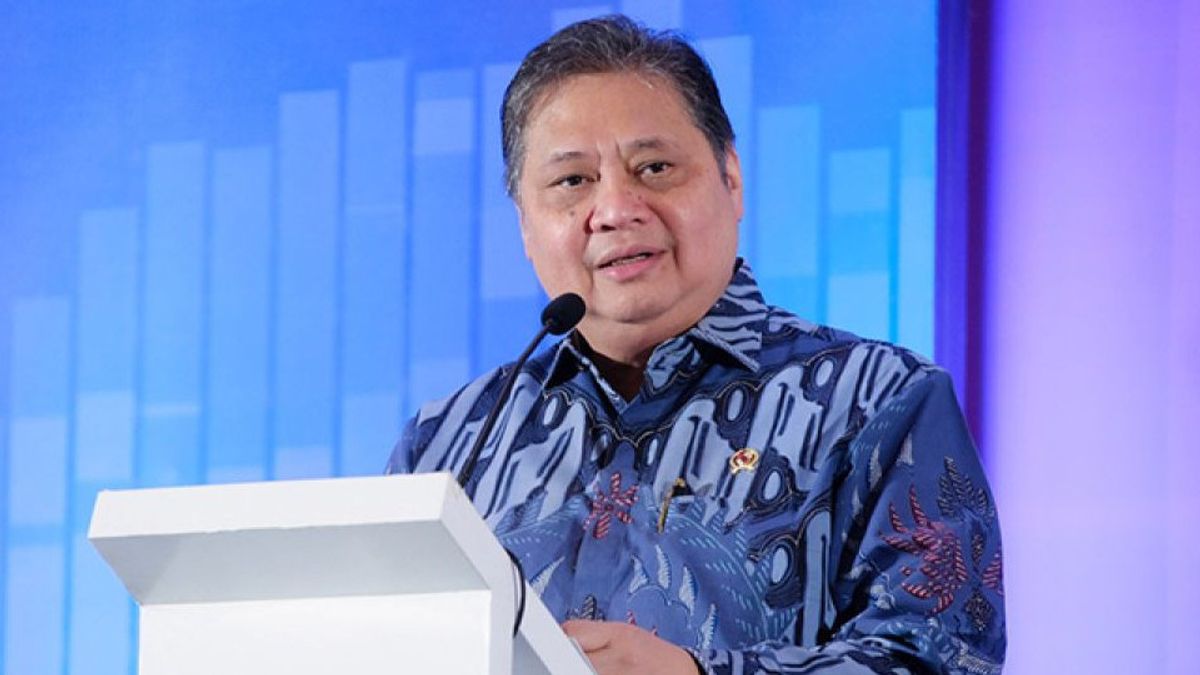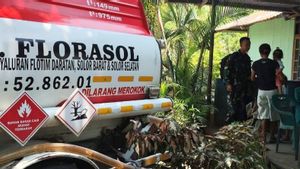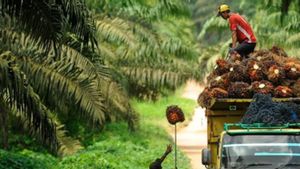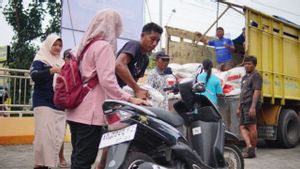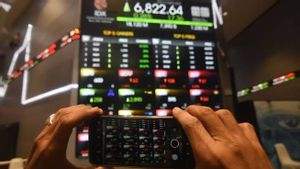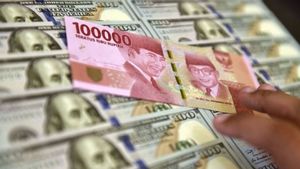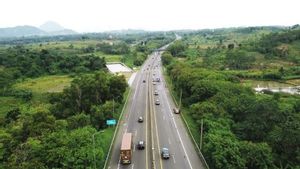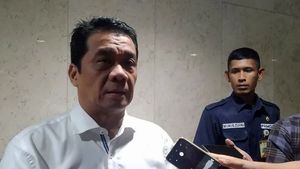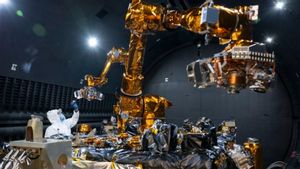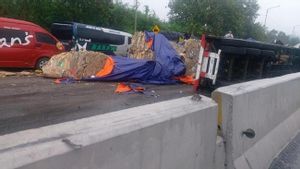Coordinating Minister for Economic Affairs Airlangga Hartarto said the implementation of the green economy could stabilize Indonesia's economic growth at an average level of 6.22 percent until 2045.
"The implementation of a green economy in the long term is projected to stabilize economic growth by an average of 6.22 percent by 2045, reduce emissions by 86 million tons of CO2-equivalence, and create up to 4.4 million jobs," Airlangga said virtually at the Green Economy Expo 2024, quoted from Antara, Thursday, July 4.
Airlangga emphasized that the green economy is not only important to achieve the economic growth target, but also as a strategic step to get out of the trap of middle-income traps and towards high-income countries equivalent to developed countries.
He mentioned two main opportunities in developing a green economy. The first opportunity is the transition of existing economic activity, especially in the energy sector.
Indonesia is directed to implement new and renewable energy such as solar energy, wind, water or hydro, and biomass.
In addition, reducing carbon emissions from Steam Power Plants (PLTU) will be carried out through a combination of ammonia and Carbon Capture Storage (CCS).
The electric vehicle (EV) ecosystem is also the focus on reducing greenhouse gas emissions from burning fossil fuels.
"The green economy and circulars will help industries in Indonesia to be competitive in the sustainability aspect," said Airlangga.
Currently, there are 152 companies that already have Green Industry Certificates, which provide economic benefits in the form of energy savings worth IDR 3.2 trillion per year and water savings worth IDR 169 billion per year.
Then, the second opportunity is to create a new economic growth center through the development of innovative sectors and circular activities, including sustainable natural resource-based industries or bio-economics, as well as a blue economy and a waste utilization industry.
Until now, the Government has developed 22 Special Economic Zones (SEZs) which are expected to adopt the principles of a green economy and a circular economy.
Furthermore, Airlangga also praised the large number of startups and new businesses that apply the principle of 9R circular economy, namely Refuse, Rethink, Reduce, Reuse, Repair, Refurbish, Refubish, Remanufacture, Recycle, and Recover.
According to him, this startup is an innovation of young people who see opportunities in the implementation of a circular economy and a green economy.
SEE ALSO:
MSMEs can also be the main actors in the circular economic transition, such as repair businesses, collection of used electronic goods, and recycling waste. Both startups and MSMEs need assistance and funding support to grow and contribute significantly to the national economy," he said.
Airlangga appreciated the launch of the Roadmap and Circuit Economic Action Plan as well as the Roadmap for Susut Management and Food Leave.
"These two documents will be a milestone in the future of Indonesia's green and sustainable economy, beneficial for the people and nature of the archipelago," he said.
The English, Chinese, Japanese, Arabic, and French versions are automatically generated by the AI. So there may still be inaccuracies in translating, please always see Indonesian as our main language. (system supported by DigitalSiber.id)
